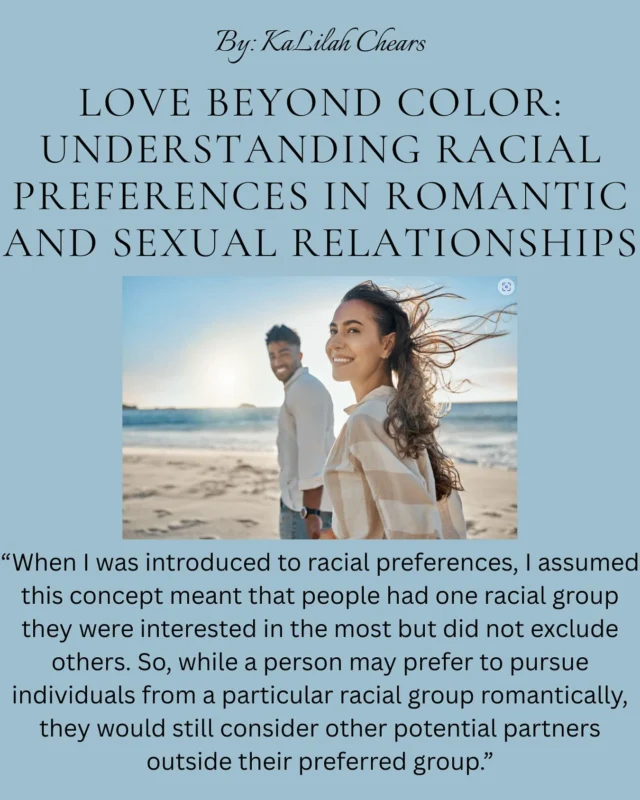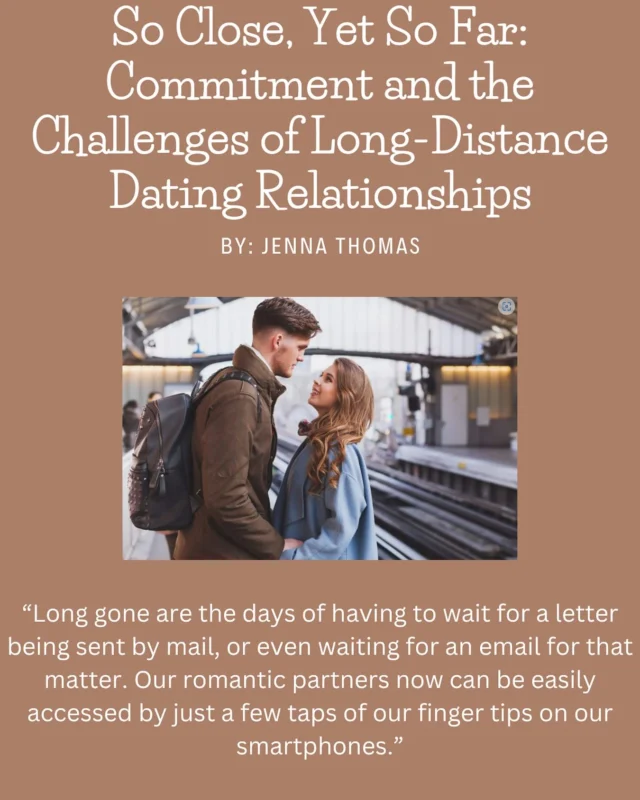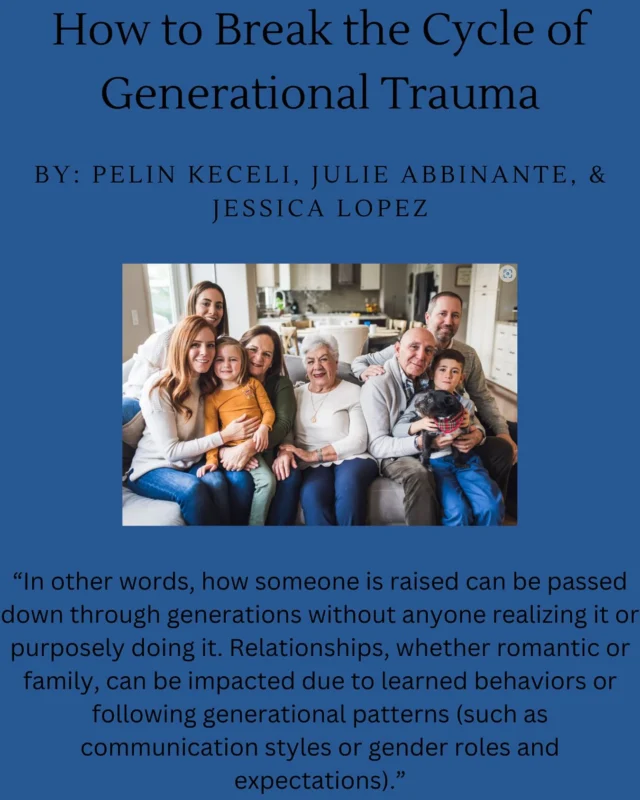Now that it has been a few weeks since most colleges started, students are adjusting and familiarizing themselves with their classes and campus. These adjustments may cause problems when trying to balance commitment to your summer love, and new living situation and life at the university. As students go off to college many couples are separated and go from living near each other and seeing their partners frequently, to being in a long-distance relationship. Much has been written about long-distance dating relationships in the past few years, and it has become even easier to connect to a geographically distance romantic partner due to newer technologies such as Skype, FaceTime, and Snapchat. Long gone are the days of having to wait for a letter being sent by mail, or even waiting for an email for that matter. Our romantic partners now can be easily accessed by just a few taps of our finger tips on our smartphones.
Some scholars have written about long-distant relationships and their impact on relationship quality, commitment, and stability. Interestingly, some studies reports that there may be positive relationship outcomes in long-distance dating relationships. As explained by Kelmer et al (2013):
“In these studies, participants in long-distance dating relationships reported higher levels of satisfaction, more love for partner, more positive reminiscences about partner, higher levels of perceived agreement with partner, and better communication quality than their close-proximity counterparts” (p. 258).
Perhaps, partners who are geographically distant from each other feel like they need to put forth more effort and be committed if they hope to sustain their relationships. According to recent research however, this can make it difficult for some college students in long-distance dating relationships to balance their significant others, school work, and involvement on campus.
In the recently published article entitled Long-Distance Dating Relationships, Relationship Dissolution, and College Adjustment, Emily Waterman and colleagues researched the impact of long-distance dating relationships on students abilities to adjust to college. Waterman et al. (2017) explained that according to other research studies, students involved in long-distance dating relationship (such as myself), “may experience strain in their relationships and tension between their university and relationship commitments” (p. 268). Partners in a long-distance dating relationships may find themselves working extra hard to keep their relationship intact. The additional time students are spending on their long-distance relationships may complicate things, and make it more challenging to commit to the university and experiences with their peers.

I believe being involved on campus is an important part of the college experience, and can make it easier for students to feel more at home and welcomed. However, in the study by Waterman et al. (2017), students in long distance dating relationships found it hard to get involved. In fact, Waterman and colleagues found that people in long-distance dating relationships were less likely to involve themselves in university activities compared to their single peers. Although college can be a time to personally develop, and have fun, long-distance dating relationships may make it difficult to adjust and fully commit to the college experience. This is unfortunate, because I believe to get the most from attending college you need to be dedicated and active on campus. In my experience the more active you are the enjoyable and rewarding the experience can be, as you can branch out and make new friends and try new things. Although students might not feel like their long-distance distance relationship is having a negative impact on them, these strong ties for being off campus could potentially influence their moods. Waterman et al. (2017) found that students in long-distance dating relationships were more lonely and exhibited a less positive affect while on campus. As a result of this these students may feel more motivated spend less time on campus, therefore missing many opportunities to get to know their peers and get involved within the university which I believe are both imperative to student success.
One particular finding that Waterman et al. (2017) found, that has been consistent with my own situation is the difference of being on and off campus. Many students reported when you finally see your partner that time is “marked by excitement and anticipation” causing individuals to exhibit a positive affect on days spent off campus, and negative affect while on campus. According to Waterman et. al (2017), students also found themselves lonelier on the days spent on campus rather than off campus days as the loneliness can be improved by spending time with their partner. I personally find this information to be true to my college experience and romantic relationship. I know that being on campus can sometimes be a difficult experience for me without having my partner around. It can feel lonely watching your peers go out with different people, and get together with their own significant others whenever they want. Especially since as I do not have that luxury. When I am off campus, and especially one of the few times that I get to be with my partner I feel like I ecstatic! My partner lives in a different state and serves in the U.S. Military, and when I can be with him we want to make the most of our time together.
Our research team found these research articles very beneficial as we continue to explore commitment in couple relationships. As a team we discussed different ways that relationships are impacted because of geographical distance, and how being able to trust each other is imperative in order to stay committed while apart. If you make the decision to have a long-distance relationship whether you are currently attending college or not, learn to find a balance in your life. Be patient, supportive, and understanding of the pressures your partner is facing, and the important obligations in their lives outside of your relationship. Commitment is an integral part of every relationship, and if you make the decision to go long distance reassure your partner that it is worth being with them. As we have stated previously on this blog, “choose your love, love you choice.”
References
- Dargie, E., Blair, K. L., Goldfinger, C., & Pukall, C. F. (2015). Go Long! Predictors of Positive Relationship Outcomes in Long-Distance Dating Relationships. Journal of Sex & Marital Therapy, 41, 2, 181-202.
- Kelmer, G., Rhoades, G. K., Stanley, S., & Markman, H. J. (2013). Relationship Quality, Commitment, and Stability in Long-Distance Relationships. Family Process, 52, 2, 257-270.
- Waterman, E. A., Wesche, R., Leavitt, C. E., Jones, D. E., & Lefkowitz, E. S. (2017). Long-Distance Dating Relationships, Relationship Dissolution, and College Adjustment. Emerging Adulthood, 5, 4, 268-279.
Discover more from Decide To Commit
Subscribe to get the latest posts sent to your email.










